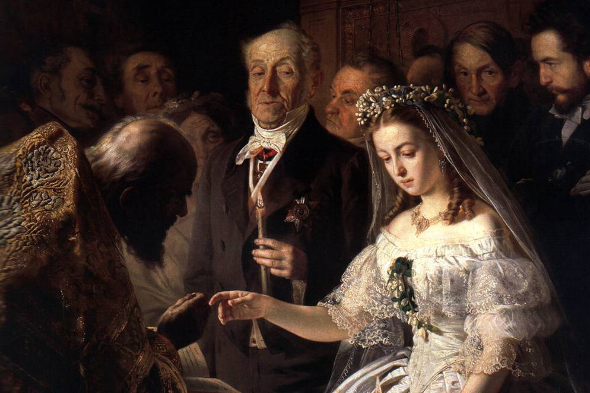-
Botulinum Toxin and Cosmetic Fillers (Children) Act
In October 2021 the Botulinum Toxin and Cosmetic Fillers (Children) Act was passed. This law makes it illegal for under-18s in England to access Botox or fillers for cosmetic reasons. This Bill follows the Nuffield Council on Bioethics report Cosmetic procedures: ethical issues. I was on the Working Party that produced that report. It recommended (amongst many other things) that children and young people under the age of 18 should not be able to access cosmetic procedures, other than in the context of multidisciplinary healthcare.
Since publication of this report the Nuffield Council (of which I am a member) have made a sustained effort to follow up our recommendations, and secured meetings with Department of Health and Social Care Ministers that were influential in prompting this new legislation. The Council continued Parliamentary engagement throughout the passage of the Bill (for example, I gave evidence to the Women & Equalities Select Committee) and the report was referenced numerous times in the Second Reading in the House of Lords, and included in the House of Commons Library briefing for MPs.
The new law comes amidst pressure on the Government to take stronger action to regulate Botox and fillers amongst the whole population – another recommendation made in our report. I gave evidence on the Council’s behalf to the All Party Parliamentary Group (APPG) on Beauty, Aesthetics and Wellbeing to push this issue forward, and they published recommendations for Government in July which mirrored some of the Council’s.
The Nuffield Council published a statement to welcome the new law, saying:
“We are delighted that our work to promote ethical practice within the cosmetic procedures industry has contributed to this new law which prevents people from giving Botox or cosmetic fillers on a walk-in basis to children and young people under 18. We feel strongly that children and young people should not be able to access any form of cosmetic procedures other than in the context of multidisciplinary healthcare, and would urge further action to broaden the restrictions to all types of cosmetic procedures.”
You can read the bill here.
-
UK Parliament Select Committee inquiry into the Rights of Cohabiting Partners
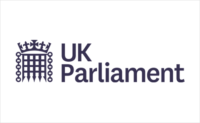
I submitted written evidence to the UK Parliament’s Women & Equalities Select Committee Inquiry into The Rights of Cohabiting Partners. You can read all the evidence submitted to the Committee here.
-
Re-Reading A Theory of Justice
Is there anything new left to say about A Theory of Justice?
In this brief paper I reflect on this question, on the basis of re-reading the text fifty years since John Rawls first published it, and twenty-five years since I first encountered it as an undergraduate.In the journal Polity, online first (2021). You can read it here:
-
What the Foucault?

An interview with me was featured in “What the Foucault?”, an episode of Analysis on BBC Radio 4 in 2021. The programme was made by Shahidha Bari and you can listen to it here.

-
Women & Equalities Select Committee Report
The Women & Equalities Select Committee has published their report “Changing the perfect picture: an inquiry into body image”. The report quotes evidence I gave to the Committee on behalf of the Nuffield Council on Bioethics, and adopts a number of the Council’s recommendations. You can read the report here, and the Nuffield Council’s statement here.
-
Nuffield Council on Bioethics project on gender identity
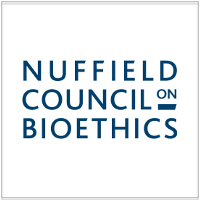
The Nuffield Council on Bioethics is launching a new project that will explore the ethical, social, and legal issues associated with the care and treatment of children and adolescents in relation to their gender identity.
Increasing numbers of young people and their families in the UK have been seeking advice and support in relation to gender identity issues in recent years. In autumn 2019, we spoke to a wide range of individuals about the challenges involved in providing care and treatment for young people in relation to their gender identity. From those meetings, it is clear that there are many areas of consensus, but there are also a number of unresolved ethical questions that deserve further consideration.
This project will look in more detail at some of those issues, including the nature of gender dysphoria, the balance of benefit and harm in treatment and non-treatment, and the ability of young people to consent to medical interventions.
Our aim is to contribute information and insight on these issues to inform and support practitioners and policy-makers, to contribute to the broader public debate, and, ultimately, to improve the well-being of gender diverse and gender incongruent children and adolescents by helping ensure they receive ethical, appropriate, and high-quality care.
During this project, we want to listen to a wide range of views – including those of young people themselves. If you are interested in being involved or would like to find out more, please email gender@nuffieldbioethics.org. We will be launching a call for evidence in the coming weeks. For more information on the project, please visit the project page
-
Talking Politics History of Ideas
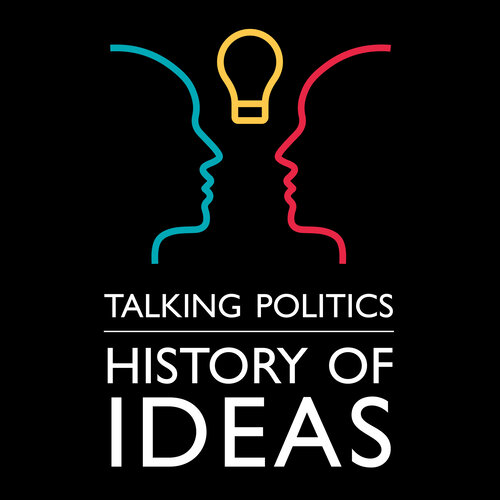
David Runciman and I discussed Simone de Beauvoir’s The Second Sex in an LRB subscribers’ webinar in March 2021. The webinar was part of Talking Politics History of Ideas Season 2. You can listen to that series here.
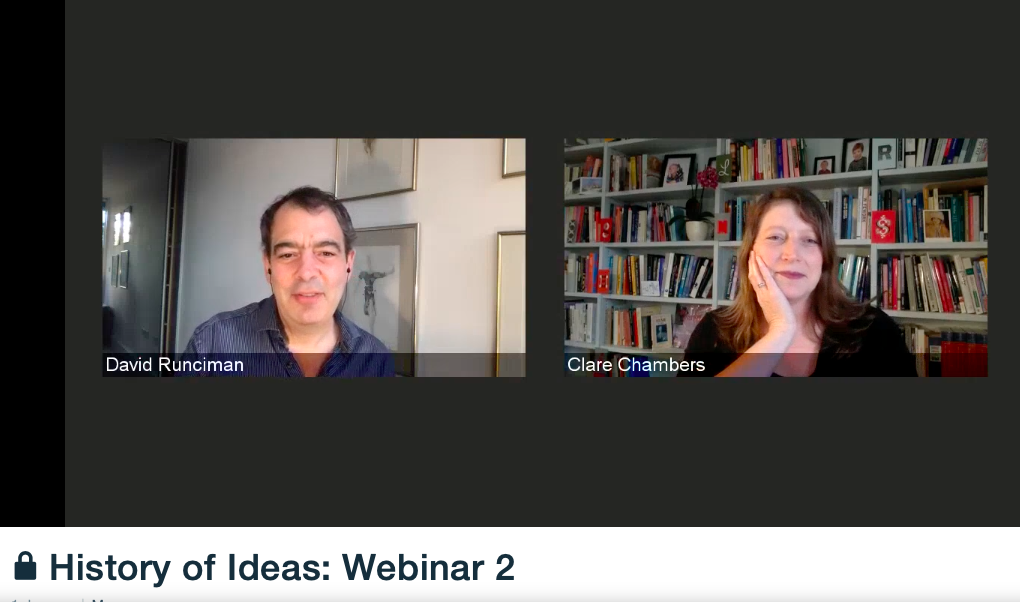
-
Against Marriage on the Counterintuitive Podcast
-
UK Parliament APPG Inquiry into invasive cosmetic procedures
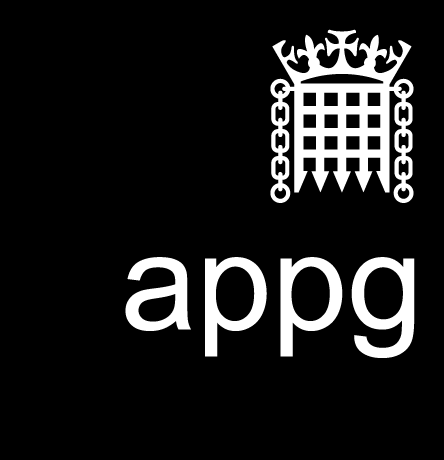
On 24 November 2020 I gave evidence to the UK Parliament All-Party Parliamentary Group on Beauty, Aesthetics, and Well-Being. The APPG are running an important inquiry into non-surgical invasive cosmetic procedures, and I spoke in their session on Ethics and Mental Health.
You can read more about the Inquiry here.
-
Women & Equalities Select Committee
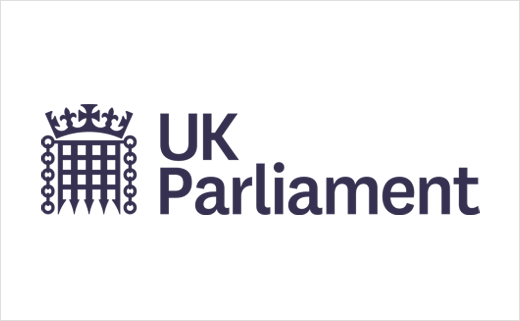
On 23rd September 2020 I gave evidence to the Women & Equalities Select Committee Inquiry “Changing the Perfect Picture: an Inquiry into Body Image” on behalf of the Nuffield Council on Bioethics. You can view a recording of the evidence session here, and read a transcript here.
My evidence to the Committee was quoted on the Talk Radio news bulletin that night and in a written article in Yahoo News.
-
Sex, Money, and Luck in Sport

Clare Chambers, “Sex, Money, and Luck in Sport” published in Journal of Medical Ethics Vol. 46 No. 9 (2020). You can read the paper here.
-
Respect, Religion, and Feminism
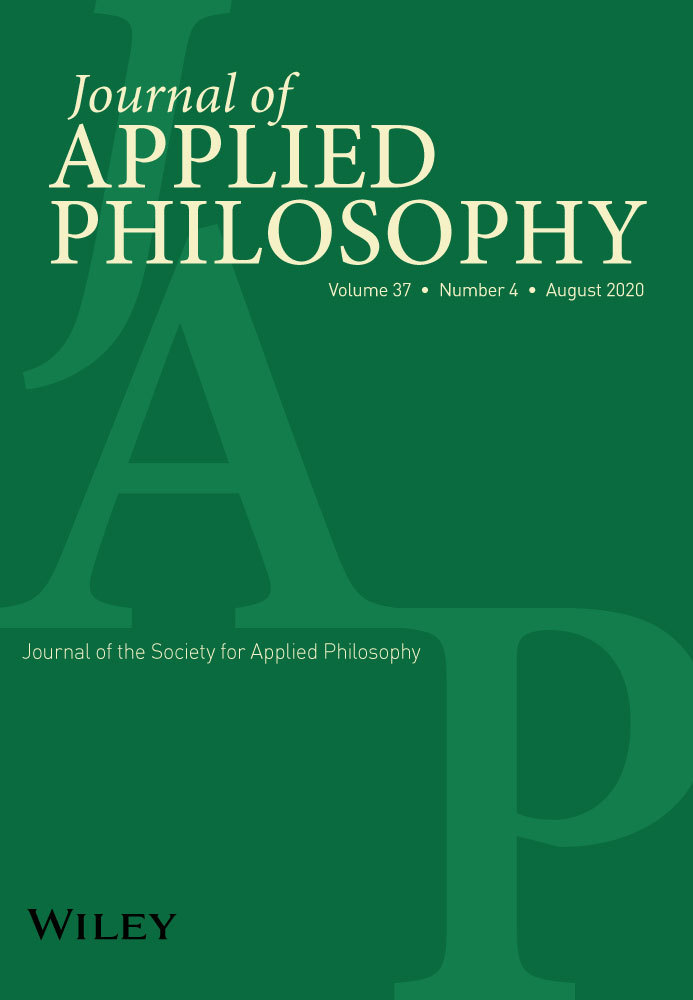
Respect, Religion, and Feminism: Comments on Lori Watson and Christie Hartley, Equal Citizenship and Public Reason: A Feminist Political Liberalism is published in Journal of Applied Philosophy September 2020. You can read the paper here.
Abstract: There is significant disagreement among feminists and liberals about the compatibility between the two doctrines. Political liberalism has come under particular criticism from feminists, who argue that its restricted form of equality is insufficient. In contrast, Lori Watson and Christie Hartley argue that political liberalism can and must be feminist. This article raises three areas of disagreement with Watson and Hartley’s incisive account of feminist political liberalism. First, it argues that an appeal to a comprehensive doctrine can be compatible with respecting others, if that appeal is to the value of equality. Second, it takes issue with Watson and Hartley’s defence of religious exemptions to equality law. Third, it argues that political liberalism can be compatible with feminism but that it is not itself adequately feminist. It concludes that political liberalism is not enough for feminists.
-
Rethinking The Body on BBC Radio 5 Live

My essay Rethinking The Body was featured on BBC Radio 5 Live on the Stephen Nolan show with Rick Edwards on Saturday 27th June 2020 at 9pm. After the essay was broadcast the first hour of the show discussed body image in the context of the pandemic with me and several other guests.
You can listen to the programme here.
-
Rethinking The Body discussed in BBC article

My essay on Rethinking The Body featured as a discussion article based on the BBC Radio 4 Woman’s Hour discussion. You can read the article here.
-
Rethinking The Body on Woman’s Hour

My radio essay “Rethinking The Body” was featured on BBC Radio 4’s Woman’s Hour on Wednesday 24th June.
From the Woman’s Hour website:
Rethink is a series of essays and discussions across BBC Radio 4, 5 Live and the World Service that looks at how the world might change after the coronavirus pandemic. Today’s essay features the political philosopher Clare Chambers who considers how our relationship with our bodies, and our appearance has been affected by the lockdown. To discuss Jenni is joined by Laura Bates, the founder of the Everyday Sexism project, Kate Lister, Lecturer in the School of Arts and Communication at Leeds Trinity University, and Shahidha Bari, Professor of Fashion Cultures and Histories at the London College of Fashion.You can listen to the essay and discussion here.
-
Rethinking The Body

I have recorded an essay on how we think about our bodies for Rethink – a BBC radio series that considers how the world should change after the coronavirus pandemic. You can listen to the programme and see the others in the series here.
-
Member of Nuffield Council on Bioethics

I was honoured to serve as a Council Member of the Nuffield Council on Bioethics for five years from 2020-2025. The Nuffield Council on Bioethics is the UK’s leading independent policy and research centre that identifies, analyses and advises on ethical issues in biomedicine and health to benefit people and society.
-
Equal Civil Partnerships Campaign

I was delighted and honoured to be invited to the party to celebrate the success of the Equal Civil Partnerships Campaign, which resulted in the introduction of different-sex civil partnerships in England and Wales. You can read more about the campaign and its wonderful people here.
-
Review of Against Marriage in The Philosophical Review
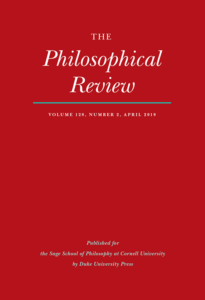
Laurie Shrage reviews Against Marriage.
“I agree with Chambers that state-recognized marriage retains patriarchal residues and is ultimately an inegalitarian and underinclusive way to regulate intimate partnerships and family units. I also believe that it is possible, in principle, to devise default directives for regulating different kinds of intimate relationships fairly and justly. However, the devil really is in the details here. Chambers has provided the moral and political justification, as well as a plausible mechanism, for a more egalitarian approach to family law and policy, and now it is incumbent on those who agree with her to develop the fair and just default rules that will take the place of state-recognized marriage.”
Read the whole review here.
-
“Clare Chambers, filósofa” in El País

The Spanish national daily newspaper El País featured an interview with me on 22 September 2019.
Filósofa. Es una feminista a la que le preocupa que las mujeres otorguen tanta importancia a su aspecto. Profesora en la Universidad de Cambridge, pone ahora el foco en la institución del matrimonio.
You can read the article here.
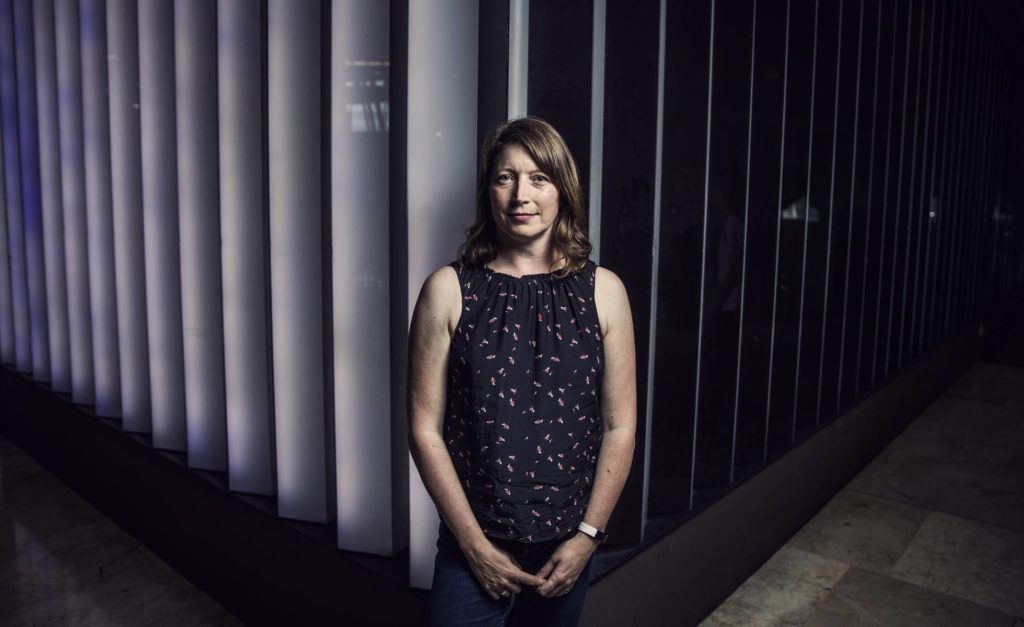
-
Talking Politics Guide to Marriage

I recorded a special edition of the podcast Talking Politics discussing the ideas and proposals in Against Marriage. Listen to me talking with host David Runciman here.
-
Against Marriage and more at Hay Festival Segovia

I’ll be speaking about Against Marriage and other social conventions at the Hay Festival Segovia in Spain, the twin of the Hay-on-Wye literary festival run in conjunction with the British Council.
Clare Chambers, Reader in Political Philosophy at the University of Cambridge, is the author of Against Marriage: An Egalitarian Defence of the Marriage-free State; Sex, Culture and Justice: The Limits of Choice; Teach Yourself Political Philosophy: A Complete Introduction; and numerous articles on feminist and liberal political philosophy. She is currently carrying out research for her latest project, entitled Intact: The Unmodified Body. During her visit to Segovia she will speak with Ludovic Assémat, Director of Arts at the British Council, about the social conventions by which we live, within the framework of the British Council’s It’s Time to Talk programme. Simultaneous translation from English to Spanish
Read more and book tickets here.
-
Marriage in the New Statesman

What’s in a name? As it turns out, rather a lot. I explore the significance of the name “marriage” and the difference between a marriage license and a marriage certificate in an article published in Agora, the New Statesman’s philosophy column, on 2 August 2019. You can read the article here.
-
Discussing marriage on the Public Intellectual podcast
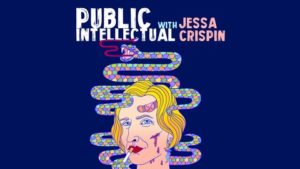
I was interviewed on marriage by Jessa Crispin for her podcast The Public Intellectual. You can listen to the interview here.
-
Beyond Marriage: Philosophy, Politics, Law
I am the convenor of this international and interdisciplinary conference held in Cambridge in May 2019.
There have been significant changes to the institution of marriage in recent years, with many countries introducing same-sex marriage, civil partnerships, and other forms of non-traditional union. For some, marriage is a central institution that must be protected, for others it is inevitably unjust and should be abolished.
This conference will bring together academics and practitioners from philosophy, politics, and law to debate what lies beyond marriage. The programme includes:
Dr Rebecca Steinfeld, claimant in Steinfeld and Keidan v. Secretary of State, “The Equal Civil Partnerships Campaign”
Tim Loughton MP, “Equal Civil Partnerships in the House of Commons”
Andrew Harrop, General Secretary, Fabian Society, “Marriage and the Left”
Jo Miles, Law, University of Cambridge, “Against Civil Partnership”
Prof Robert Wintemute, Law, King’s College London, “Equal Choices for All Couples: From Same-Sex Civil Partnership to Equal Marriage to Steinfeld & Keidan”.
Prof Lori Watson, Philosophy, San Diego University, “Polygamy and Equality”
Dr Samia Bano, Law, SOAS, “Muslim Marriage in the UK”
Dr Clare Chambers, Philosophy, University of Cambridge, “The Marriage-Free State”
Prof Elizabeth Brake, Philosophy, Arizona State University, “Minimal Marriage”
Chairs:
Dr Jude Browne, Centre for Gender Studies, University of Cambridge
Prof Ralph Wedgwood, Philosophy, University of Southern California
Dr Findlay Stark, Law, University of Cambridge
Dr Tom Dougherty, Philosophy, University of CambridgeYou can read more about the conference here.
-
Medically unnecessary genital cutting and the child’s right to bodily integrity: an international expert consensus statement
In American Journal of Bioethics Vol. 19 (2019).
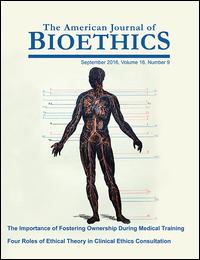
Keeping our focus exclusively on a Western context for the purposes of this article, we argue as follows: Under most conditions, cutting any person’s genitals without their informed consent is a serious violation of their right to bodily integrity. As such, it is morally impermissible unless the person is nonautonomous (incapable of consent) and the cutting is medically necessary.
This paper is authored by the Brussels Collaboration on Bodily Integrity (2019).
This work grew out of informal discussions among participants in the G3 International Experts Meeting on FGM/C in Brussels, Belgium, May 20-22, 2019, along with other scholarly collaborators. We are physicians, ethicists, nurse-midwives, public health professionals, legal scholars, political scientists, anthropologists, psychologists, sociologists, philosophers, and feminists from Africa, Asia, Australasia, Europe, the Middle East, and the Americas with interdisciplinary expertise in child genital cutting practices across a wide range of cultural contexts.
You can read the paper here.
Corresponding author: Brian D. Earp, Associate Director, Yale-Hastings Program in Ethics and Health Policy, Yale University and The Hastings Center, 2 Hillhouse Avenue, New Haven, CT, 06511, USA. E-mail: brian.earp@gmail.co
-
Against Marriage reviewed in Mind
“
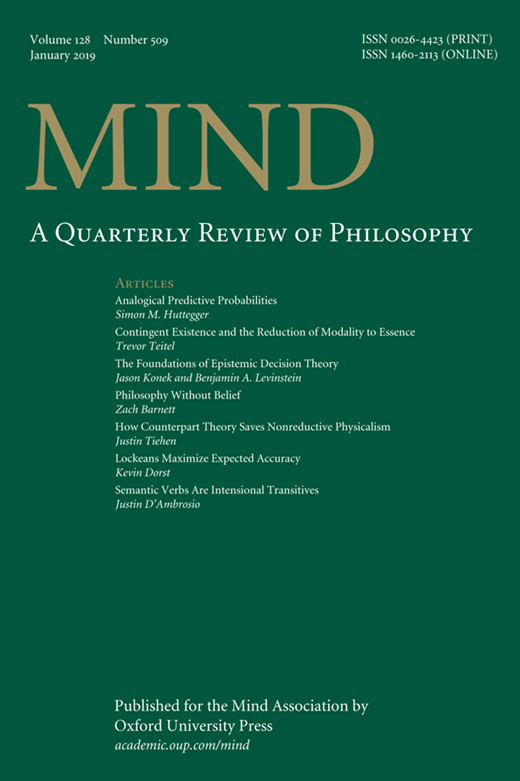
Elizabeth Brake, author of the excellent book Minimizing Marriage, has reviewed Against Marriage in Mind (January 2019). You can read the whole review here. Here’s an excerpt:
“Against Marriage makes an important contribution to the debate over the future of marriage within liberalism. It is clear and cogently argued and a pleasure to read. One of its virtues is its breadth; it makes arguments which address a range of liberal and feminist views and should be accessible to non-specialists. At the same time, it advances the leading edge of the specialist debate in provocative and intriguing ways.”
-
Driverless cars on BBC R4’s PM

I appeared on BBC Radio 4’s PM programme on Wednesday 6th February 2019, discussing the ethics of driverless cars. You can listen to this programme (for a while, at least) here. I appear about 48 minutes in.
The segment inspired a satirical news piece “Ethically programmed self-driving cars refuse to start engines as it contributes to Global Warming” by Simon Paul Miller, which you can read here.
-
Blending in and standing out: comfort and visibility in beauty practices
 “My thought is this: a significant aspect of beauty practices is comfort and visibility. Comfort relates to discipline: discipline makes some actions and inactions seem comfortable and others effortful. Visibility relates to surveillance: some beauty practices make us seem visible or hyper-visible, others make us feel invisible. Sometimes beauty practices aim at making the practitioner visible: she wants her appearance to be noticeable. But beauty practices can also aim at invisibility: at making a person blend in rather than stand out. Both make up and its absence can have this effect, depending on the person and context involved.”
“My thought is this: a significant aspect of beauty practices is comfort and visibility. Comfort relates to discipline: discipline makes some actions and inactions seem comfortable and others effortful. Visibility relates to surveillance: some beauty practices make us seem visible or hyper-visible, others make us feel invisible. Sometimes beauty practices aim at making the practitioner visible: she wants her appearance to be noticeable. But beauty practices can also aim at invisibility: at making a person blend in rather than stand out. Both make up and its absence can have this effect, depending on the person and context involved.”This short piece is published on the Beauty Demands blog. You can read it here.
-
Against Marriage reviewed in Ethics
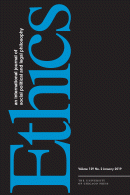 I’m delighted by Ralph Wedgwood’s review of Against Marriage in Ethics. He makes some pertinent criticisms of the argument of the book, but he also writes:
I’m delighted by Ralph Wedgwood’s review of Against Marriage in Ethics. He makes some pertinent criticisms of the argument of the book, but he also writes:“Clare Chambers has produced what will surely be for years to come the definitive argument for the abolitionist view of marriage. … [T]his is in my opinion a superb book. It is prodigiously scholarly, but at the same time wonderfully clear and accessible. The arguments are provocative and challenging throughout. The literature on this vitally important topic urgently needed a book-length defense of the abolitionist position. It is hard to imagine a book performing this necessary role better than Chambers’s Against Marriage.”
You can read the full review here.

